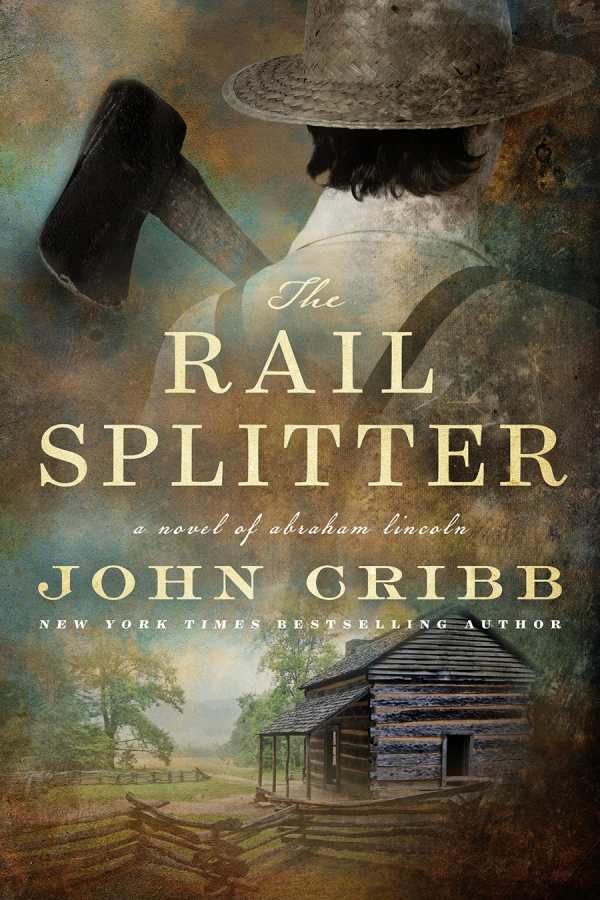The Rail Splitter
A Novel of Abraham Lincoln
John Cribb’s sweeping historical novel The Rail Splitter covers Abraham Lincoln’s early days, charting his path from a rough-hewn log cabin to the White House.
This biographical novel brings Lincoln to life, including during his formative years in Kentucky, Indiana, and Illinois. His experiences are recounted from his point of view, capturing his wonder over learning more about the country and his developing principles as he encounters injustices. He grows, gains independence, and finds his way in the world. He is humanized; a sense of how his character was forged on the Midwestern prairies is established.
The novel shows, in rich detail, how Abraham Lincoln became such a consequential leader. His innermost thoughts, observations, and conversations are centered, including discussions with his father and others who guide him. His conversations are variously folksy and lofty, but always lively: he roars “You fellows are drunk as an army of fiddler’s clerks” while trying to rouse militiamen he commands. And concrete images animate the prose further: “the silver horn of the moon nestle[s] into the branches of a hackberry tree,” and Lincoln “amble[s] across fields [with] the frozen stubble of last year’s corn.” The story is active and evocative, too, as when Lincoln snatches a corn pone, pecks his stepmother on the cheek, and stuffs the corn into his mouth, or when he observes the hustle of commerce on the Mississippi River and the “harlequin” of New Orleans.
Here, Lincoln spends time as a prairie lawyer and begins his rise in politics. The novel culminates with him being approached about a run for the presidency—a satisfying ending that puts deliberative Lincoln on the precipice of destiny and that helps to make The Rail Splitter a deep and dimensional historical novel.
Reviewed by
Joseph S. Pete
Disclosure: This article is not an endorsement, but a review. The publisher of this book provided free copies of the book to have their book reviewed by a professional reviewer. No fee was paid by the publisher for this review. Foreword Reviews only recommends books that we love. Foreword Magazine, Inc. is disclosing this in accordance with the Federal Trade Commission’s 16 CFR, Part 255.

